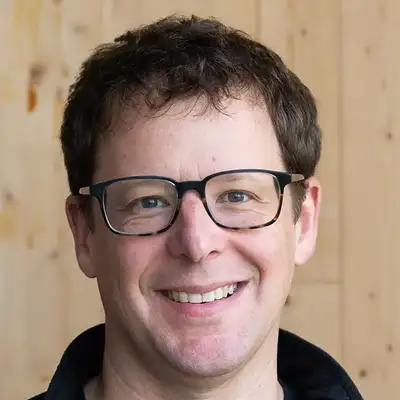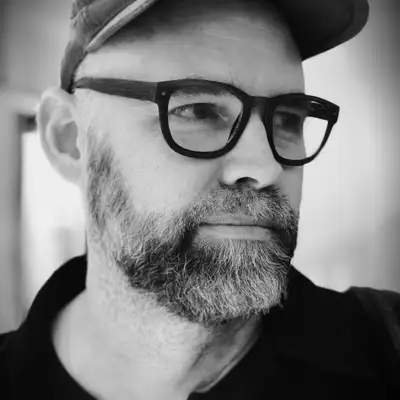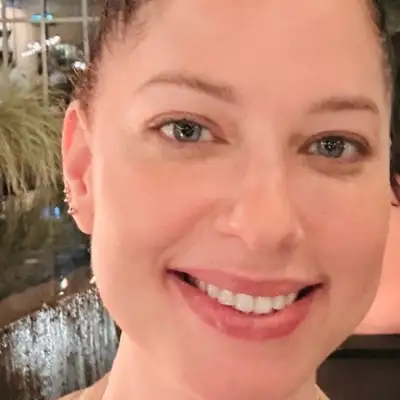
Building a Quantum Ecosystem with Alexandre Blais
Host Sebastian Hassinger interviews Alexandre Blais, professor of physics at the Universite de Sherbrooke and scientific director of the Insitut Quantique. Alexandre discusses his academic journey, starting from his master's and PhD work in Sherbrooke, his move to Yale, and his collaborations with both theorists and experimentalists. He outlines the development of circuit QED (quantum electrodynamics) and its foundational role in the modern superconducting qubit landscape. Blais emphasizes the interplay between fundamental physics and technological progress in quantum computing, highlighting both academic contributions and partnerships with industry. He also describes the evolution and mission of Institut Quantique, stressing its role in bridging academia and the quantum industry by training talent and fostering startups in Sherbrooke, Quebec. Finally, Blais reflects on the dual promise of quantum computing—as a tool for scientific discovery and as a long-term commercial technology.
Key Themes and Points
1. Early Career and Path into Quantum Computing
- Alexandre Blais began his quantum computing journey during his master’s at Sherbrooke, inspired by a popular science article by Serge Haroche that laid out the argument for why quantum computers would never work.
- He pursued quantum studies at Sherbrooke despite a lack of local experts, showing early initiative and risk-taking.
2. Transition to Yale and Circuit QED
- Blais joined Yale for his postdoc, attracted by the strong theory–experiment collaboration.
- The Yale group pioneered "circuit QED," adapting ideas from cavity QED (single atoms in magnetic cavities) to superconducting circuits, enabling new ways to read out and control qubits.
- Circuit QED became the backbone of superconducting qubit technology, notably enabling the transmon qubit (now a dominant architecture).
- Collaborated with figures like prior guests of the podcast Steve Girvin and Rob Schoelkopf, and was a postdoc along with Jay Gambetta and Andreas Wallraff.
3. Superconducting Qubits and Research Focus
- Most of Blais’s work has centered on superconducting qubits, particularly on understanding and extending coherence times, reducing errors, and improving fabrication/design.
- Emphasizes the complex, nonlinear, and rich physics even of single-qubit systems (e.g., challenges of dispersive readout and unexpected phenomena like multiphoton resonances).
- Notes the continuing importance of deep, fundamental research despite growing industrial and engineering focus.
4. Role of Academia vs. Industry
- Growth of corporate investment (Google, IBM, Amazon, Intel) has changed the landscape.
- Blais argues that universities should focus on pushing the scientific frontier and training talent, not on building commercial-scale quantum computers.
- Academic groups can pursue high-risk, high-reward research and deeper understanding of quantum technology’s physical underpinnings.
5. Institut Quantique and Quebec’s Quantum Ecosystem
- Blais leads Institut Quantique, which supports both basic and applied quantum research and has been highly successful in fostering a local quantum startup ecosystem (e.g., SBQuantum, NordQuantique, Qubic).
- Offers entrepreneurship courses and significant seed grants (even to students and postdocs) to encourage talent retention and company creation in Sherbrooke.
- Partnership between academia, startups, and public investment has attracted international players like Pasqal and IBM, establishing Sherbrooke as a quantum technology hub.
6. Societal and Philosophical Reflections
- Fundamental challenge: making increasingly large quantum systems remain quantum despite Bohr’s assertion, via the Correspondence principle, that as a quantum system scales it will become classical.
- Quantum computers are not only future commercial tools—they are already invaluable scientific instruments, enabling new physics via experimental control of complex quantum systems.
- Blais is optimistic about quantum computing’s potential for both discovery and eventual large-scale applications.
Main Takeaways
- Building quantum computers is both a technological and fundamental scientific challenge. Even with commercial interest, deep physical understanding is essential—academic research remains vital.
- Close collaboration between theorists and experimentalists breeds breakthrough advances. Circuit QED exemplifies this synergy.
- Quantum research institutes can seed thriving tech ecosystems, if they focus on both talent training and supporting spinouts, as shown by Institut Quantique in Sherbrooke.
- Quantum computing’s greatest early impacts will likely be as scientific instruments, enabling novel experiments and discoveries, before large-scale commercial utility is achieved.
- Quantum hardware’s development continually reveals new, subtle physics; e.g., the decades-long puzzle of dispersive readout reflects the complexity inherent in scaling up quantum technology.
Notable Quotes
- “Quantum computers will, before being commercially useful, be fantastic tools for discoveries.”
- “What we’re trying to do is go against that very fundamental principle—we’re trying to build a bigger and bigger system that behaves ever more quantum.”
- “There is real power in mixing theory and experiment when tackling the challenges of quantum technology.”
Listeners will enjoy a blend of scientific storytelling, personal insight, and a blueprint for building world-class quantum research hubs that advance both discovery and innovation.
Creators and Guests

Guest
Alexandre Blais
Professor of Physics at Universite de Sherbrooke and Scientific Director, Institut Quantique

